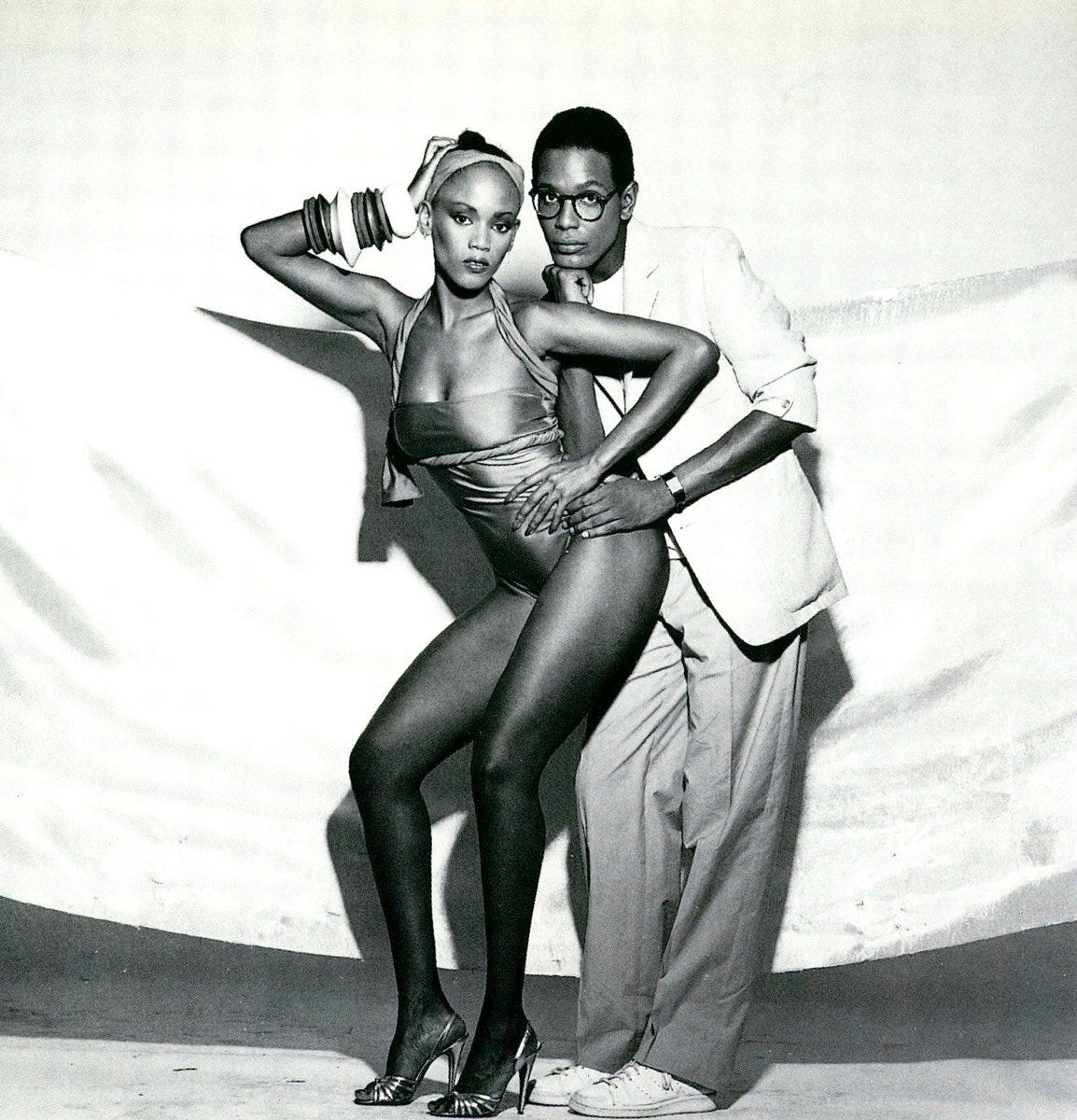Greetings,
Year end fatigue is a real challenge, especially after a year like 2020. Yet, it amuses me how, every year, as it comes to an end, we approach the new year with the belief that next year will be better, next year will be “our year.” This year started with shouts of 20-Plenty but the plentiful was not in the way that any of us could have expected. With the way things have panned it, it continues to be an opportunity for us to reconnect with what is important to us, to figure out what the meaning of it all is, to go back to the basics and rebuild.
I always use the end of the year to reflect. I used to use it to also plan what the future looks like. Now, I try to be more deliberate about focusing on what is directly in front of me. I know what I am building towards, holistically, but there is often so much uncertainty that all overly planning does is throw multiple curveballs. Plus, been doing a lot more reading about mindfulness and being present. All we have, and we can control, is the moment we are in, and then the next, and the next. As Eckhart Tolle said in The Power of Now, “Realize deeply that the present moment is all you have. Make the NOW the primary focus of your life.”
1
On The Tim Ferriss Show, Seth Godin asked the following: “What would you do if you knew you would fail? What would be worth doing even though it’s not going to work?”
The whole episode is worth a listen. The question about what I would still pursue if I knew that it was not going to work still lingers.
2
Recently, Instagram made some design changes and, for a day or two, social media was awash with complaints about these changes. In some ways, it still feels like social media platforms are created for us as opposed to leveraging us. There continues to be debate around how to pull social media back from the toxic abyss it sometimes seems to be descending into and the need for an edit facility on Twitter. In De-escalating social media: designing humility and forgiveness into social media products, Nick Punt makes the perfect argument for why we shouldn’t be able to edit our tweets while still acknowledging that we have made a mistake.
3
If you want a sense of who has truly influenced global pop music over the last twenty or so years, John Seabrook’s The Song Machine is the book to read. And The Other Stockholm Syndrome.
4
How designer Willi Smith originated the street and high fashion crossover.
5


Loved me some Roger Troutman and Zapp music when I was in high school.
6
List of 100 poetic forms for poets. One day, maybe I will go through the complete list, and write a poem, in each form.
7
Against The Ropes: The story of Ben Tackie, whose sheer grit continues to fade into distant memory.
That’s it for this week. If you enjoyed, please share. If it was shared with you, please subscribe.
Easy
Kojo




